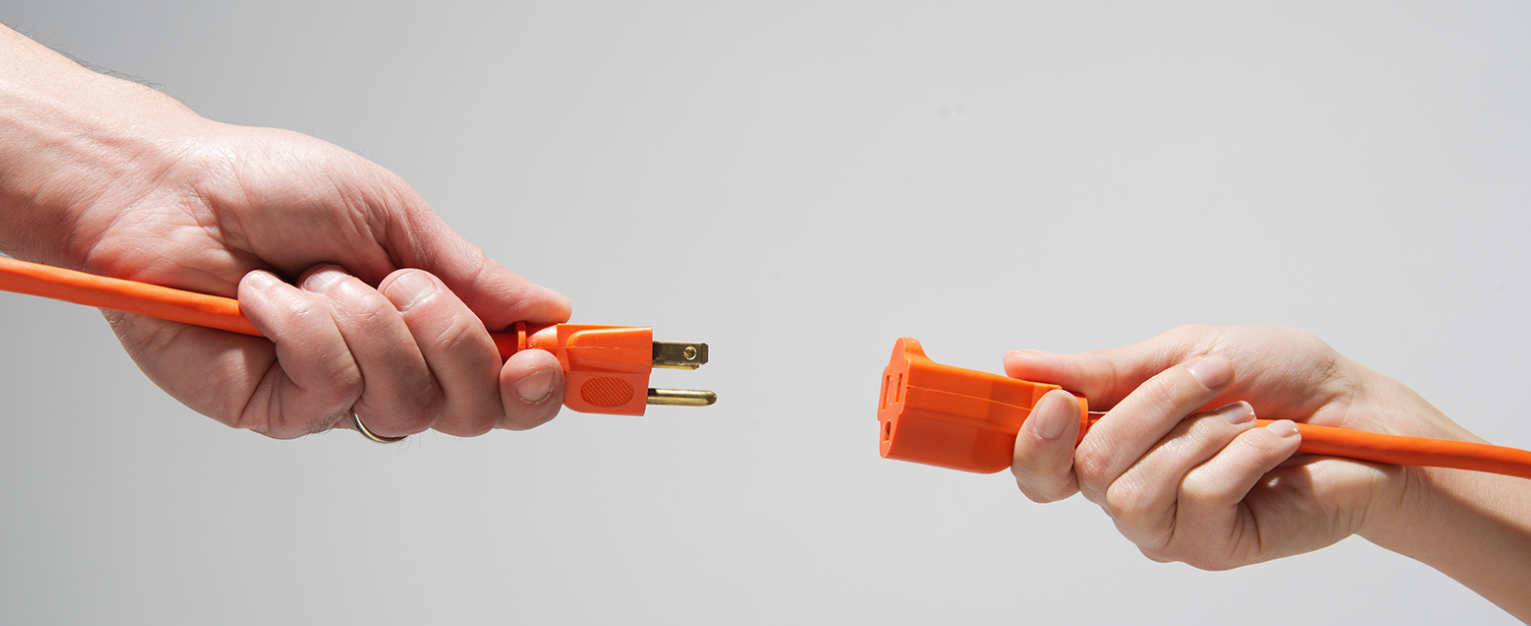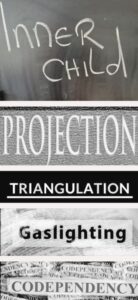As a codependent I am actively learning how to disentangle myself from both my own issues and the problems of others. One hallmark trait of codependency is the tendency to pour all of our attention into other people—solving their problems, offering unsolicited advice, and presuming to know what’s best for them. This preoccupation with others serves as a convenient distraction from confronting our own internal struggles. We become so consumed with the lives of others that we neglect our own needs. Even when asked what we desire or require, we often find ourselves at a loss for an answer. The lines between ourselves and others, as well as between ourselves and their problems, become blurred, leaving us unaware of where we end and others begin. We fail to recognize that we are separate individuals. By fixating on another person and their issues, we relinquish our power to them. The more we fixate, the more control they have over our lives, leading us to live their lives instead of our own, thereby losing touch with our authentic selves. Similarly, when faced with our own problems, they can easily consume our entire existence, leaving little room for anything else.
In her book “Codependent No More,” Melody Beattie aptly observes, “Worrying and obsessing keep us so mentally entangled that we can’t solve our problems. Whenever we become attached in these ways to someone or something, we become detached from ourselves. We lose touch with ourselves. We forfeit our power and ability to think, feel, act, and take care of ourselves. We lose control.”
Detaching from others and their problems, and realizing that each individual is responsible for their own life while we are solely responsible for ourselves and our actions, presents one of the greatest challenges in overcoming codependency. We must disentangle ourselves from others and unsolvable problems. It is imperative that we grant others the autonomy to be who they are, viewing them as they are rather than as we think they should be. We needn’t harbor feelings of shame or responsibility for the actions of others. Recognizing that we are not them, we must begin to establish clear boundaries between ourselves and others.
If confronted with an unsolvable problem, incessantly worrying and ruminating upon it will only exacerbate its magnitude and control over us. Personally, I find it helpful to detach from the problem, set it aside, and focus on taking practical steps to address it in the present moment, free from the weight of unnecessary worry. It’s crucial not to suppress or ignore the problem, as this will only yield adverse effects. Instead, acknowledge the problem, exert every effort to resolve it, and if resolution proves elusive, learn to coexist with it. Refuse to allow the problem to wrest control of your life.
Breaking free from codependency requires a fundamental shift in perspective—a reclamation of our autonomy and agency. It’s about recognizing that we are not responsible for other people’s happiness or well-being. We cannot fix or save anyone but ourselves. This realization can be both liberating and daunting, as it requires us to confront the uncomfortable truth that we cannot control the outcomes of other people’s lives.
Life may throw problems our way that we cannot solve. In order to prevent these problems from taking complete control over our lives, we must find a way to detach ourselves from them and live with them in the best possible manner.



